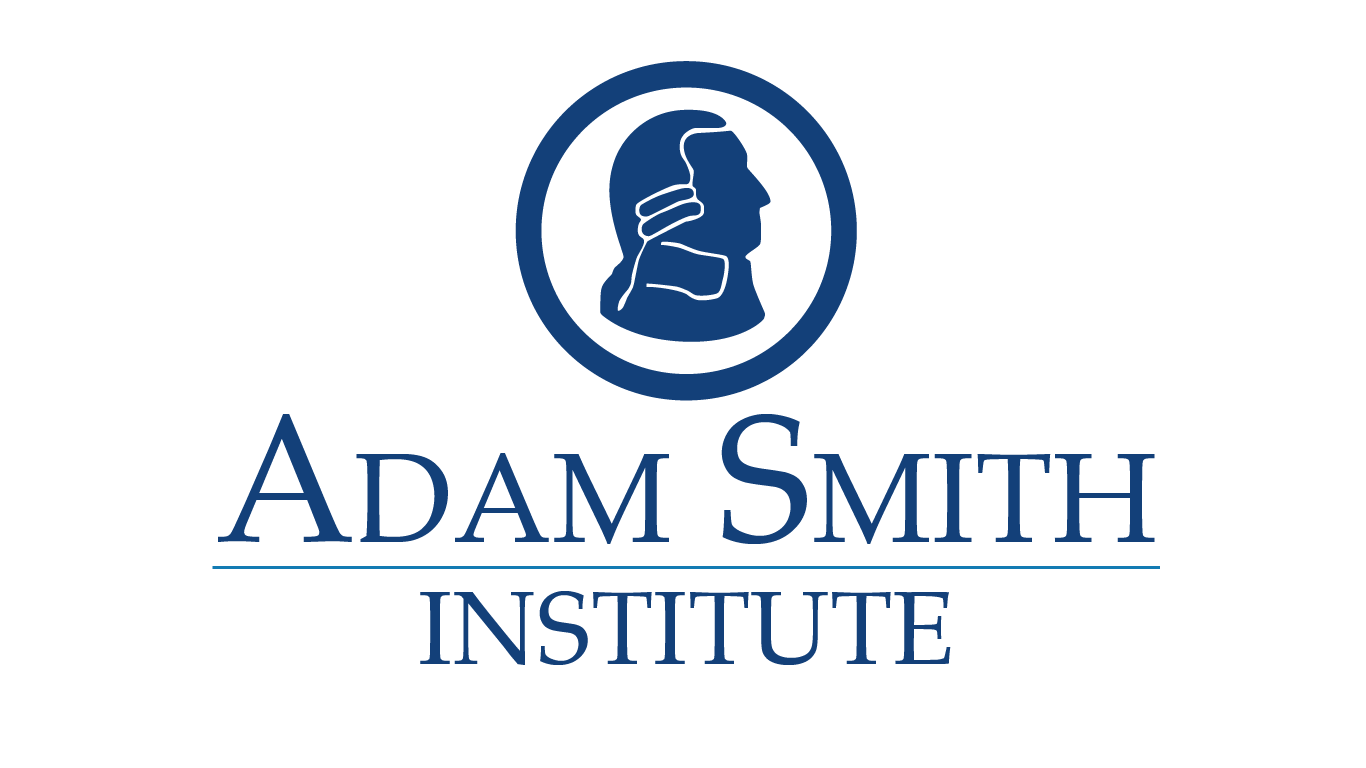We Firmly Believe in Human Rationality
The relationship between economic incentives and individual behavior reveals much about human rationality and decision-making. As simplistic economic models often suggest, people are not perfectly rational; however, most individuals tend to act in their own self-interest when considering their economic circumstances. Recent analyses demonstrate a significant discrepancy between the financial benefits offered by sickness benefits and the earnings from minimum wage jobs, indicating a potential incentive for workers to present themselves as unable to work to gain financial advantages. In Britain, an investigation by the Centre for Social Justice highlights that the top level of sickness benefits averages £23,900 per year, compared to the £20,650 take-home pay for minimum wage earners. This disparity leads to a troubling question about the nature of work, health, and income in the context of poverty.
The crux of the issue lies in the fact that a system exists where sickness benefits can effectively provide a higher income than participating in the workforce. This situation creates tension in societal expectations since, ideally, society would prefer individuals to contribute productively through work rather than relying on government assistance. The trade-off becomes evident: while it is undesirable for a fragile health system to lead to increased poverty rates, incentivizing non-work through benefits could result in more people opting out of employment. Therefore, striking a balance between supporting those in need while encouraging work becomes a complex challenge without a clear solution.
With the recognition that human behavior often navigates towards self-advantageous decisions, the potential for individuals to misrepresent their health status arises. The notion that some might claim illness despite being capable of work highlights inherent flaws in systems designed to support the vulnerable. Once individuals find that the benefits of being classified as “sick” outweigh the earnings from working, the rationale to remain unemployed becomes compelling. This scenario, while understandable from a self-interested viewpoint, raises ethical questions and concerns about the fairness of social support systems.
Trade-offs are the reality of such dilemmas. The idea that there are limited options for addressing both the needs of invalid individuals and the broader economic interests of society leads to inevitable constraints. It becomes crucial to understand that the system needs to find a way to balance equitable support for those truly in need while also addressing the integrity of the workforce. Encouraging a culture where work is valued and fairly compensated could mitigate some of these issues, but it requires substantial change in the economic incentives at play.
Moreover, the analysis shows that economic models often neglect the complexity of human behavior. While it’s easy to expressly label individuals as lazy or greedy, the reality is that their decision-making is deeply influenced by the structures surrounding them. Welfare systems, labor market conditions, and the broader economy shape choices individuals make. Systems need to consider these nuances to be effective. Policies should not only focus on narrowing the gap between benefits and wages but also work towards creating opportunities that can incentivize engagement in the workforce without punishing those legitimately unable to work.
In conclusion, the underlying tension between sickness benefits and minimum wage jobs paints a complex picture of modern economics and human behavior. Rational self-interest plays a critical role in the decisions people make regarding work and reliance on benefits. While it may seem transformational to alter incentives for sickness benefits to encourage workforce participation, policymakers must grapple with the realities of human behavior, ethical considerations, and the creation of a fair labor market. Establishing a fair balance could alleviate some of the tensions residing in the current system, ensuring people have the means to live with dignity and purpose both in and out of the workplace.
Share this content:












Post Comment